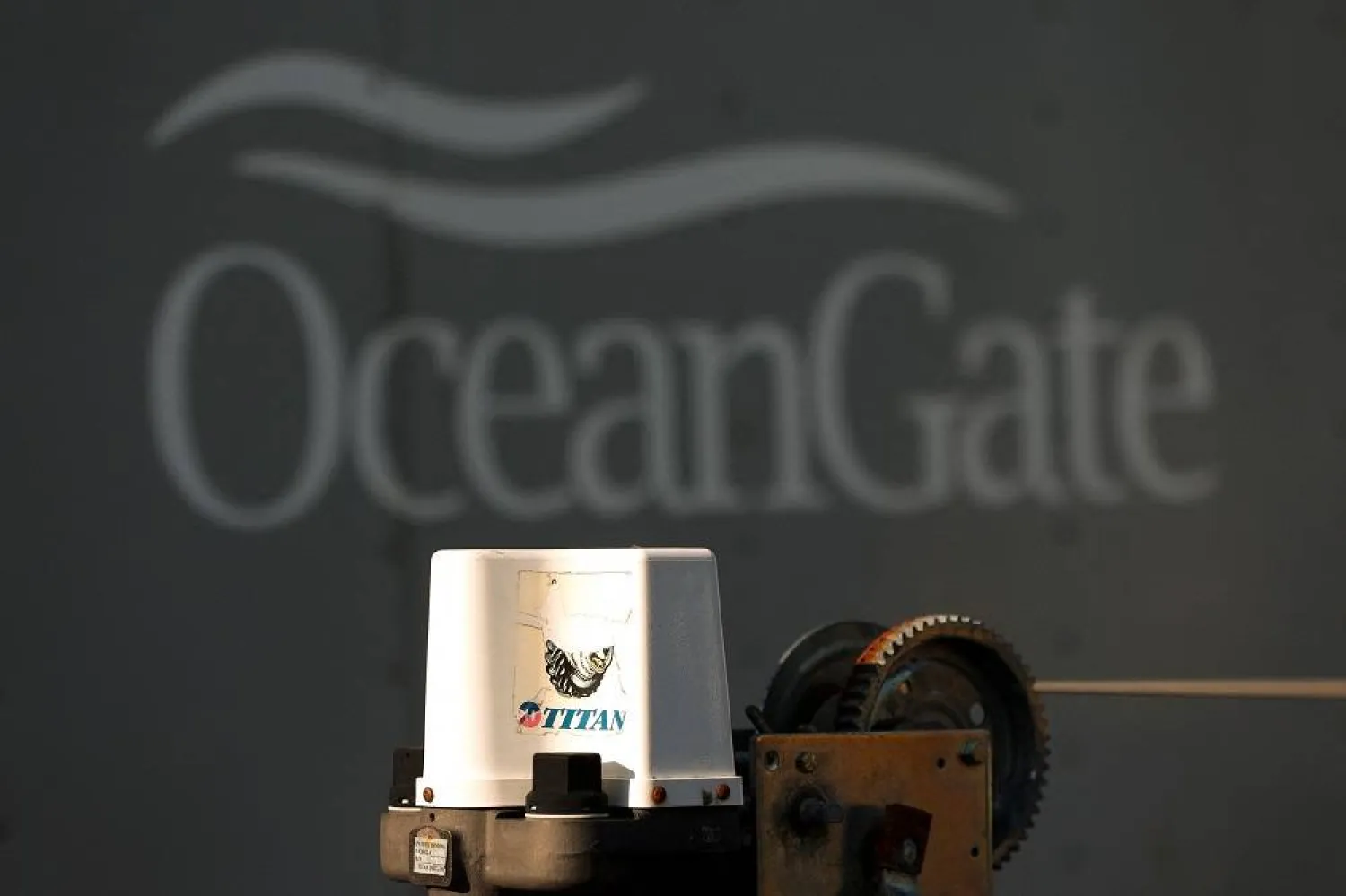Movie director and submersible maker James Cameron said on Thursday he wishes he had sounded the alarm earlier about the submersible Titan that imploded on an expedition to the Titanic wreckage, saying he had found the hull design risky.
All five aboard the vessel were killed.
Cameron became a deep-sea explorer in the 1990s while researching and making his Oscar-winning blockbuster "Titanic," and is part owner of Triton Submarines, which makes submersibles for research and tourism.
He is part of the small and close-knit submersible community, or Manned Underwater Vehicle (MUV) industry. When he heard, as many in the industry had shared, that OceanGate Inc was making a deep-sea submersible with a composite carbon fiber and titanium hull, Cameron said he was skeptical.
"I thought it was a horrible idea. I wish I'd spoken up, but I assumed somebody was smarter than me, you know, because I never experimented with that technology, but it just sounded bad on its face," Cameron told Reuters in a Zoom interview.
The cause of the Titan's implosion has not been determined, but Cameron presumes the critics were correct in warning that a carbon fiber and titanium hull would enable delamination and microscopic water ingress, leading to progressive failure over time.
Other experts in the industry and a whistle-blowing employee raised alarms in 2018, criticizing OceanGate for opting against seeking certification and operating as an experimental vessel. OceanGate has not addressed queries about its decision to forgo certification from industry third parties such as the American Bureau of Shipping or the European company DNV.
The US Coast Guard said on Thursday the submersible appears to have imploded on its expedition to the wreckage of the Titanic on the bottom of the North Atlantic, but a conclusive investigation will take time.
A secret US Navy acoustic detection system recorded "an anomaly consistent with an implosion or explosion in the general vicinity of where the Titan submersible was operating when communications were lost," the Navy told the Wall Street Journal.
Cameron said his sources reported similar information and he knew the submersible was lost from the start of the four-day ordeal, suspecting it imploded at the time the Titan's mother ship lost communications with and tracking of the submersible one hour and 45 minutes into the mission.
"We got confirmation within an hour that there had been a loud bang at the same time that the sub comms were lost. A loud bang on the hydrophone. Loss of transponder. Loss of comms. I knew what happened. The sub imploded," Cameron said.
He added that he told colleagues in an email on Monday, "We've lost some friends," and, "It's on the bottom in pieces right now."
The five who died mark the first deep-sea fatalities for the industry, Cameron said.
The industry standard is to make pressure hulls out of contiguous materials such as steel, titanium, ceramic or acrylic, which are better for conducting tests, Cameron said.
"We celebrate innovation, right? But you shouldn't be using an experimental vehicle for paying passengers that aren't themselves deep ocean engineers," Cameron said.
Cameron said both the Titanic and the Titan tragedies were preceded by unheeded warnings. In the Titanic's case, the captain sped across the Atlantic on a moonless night despite being told about icebergs.
"Here were are again," Cameron said. "And at the same place. Now there's one wreck lying next to the other wreck for the same damn reason."









